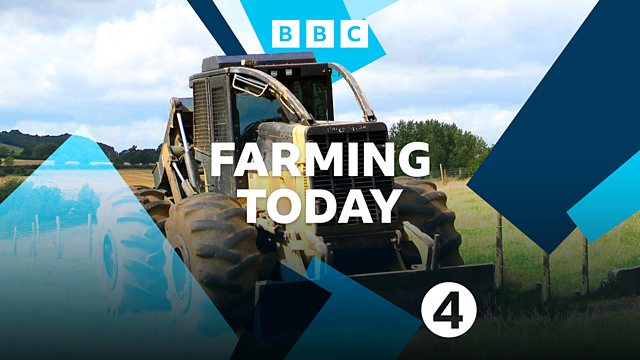
24/08/22 Methane Emissions, Hay Yields, Cost of Food
Call for evidence on how much new kinds of livestock feed can reduce methane emissions. Plus research suggests hay yields could decline significantly because of climate change.
The Government is asking the agricultural industry, scientists and the wider public for information on how new types of animal feed can reduce methane emissions from cattle and sheep. For several years farmers have been working with scientists to find out if feeding dairy cattle differently might reduce how much methane they produce - which is a contributor to the warming climate. Now the Government wants to find out what role feed additives are having, and what barriers there are that might prevent the introduction of methane suppressing feed products.
Research published today forecasts that climate change will reduce spring hay yields by 20-50% between 2020 and 2080. Hay, which is made from dried meadow grass, is used to feed a wide range of livestock, and is a major part of horses’ diets too. In very dry years such as the one we have had this year, hay production is reduced, which has been adding pressure to farmers who are also facing higher fertiliser costs.
And this week we're looking at some of the reasons behind the rising food prices. Today, Radio 4's "The Food Programme" presenter Dan Saladino finds out how the pressure on supermarkets has been driving up prices.
Presented by Anna Hill
Produced in Bristol by Natalie Donovan
Last on
Broadcast
- Wed 24 Aug 2022 05:45����ý Radio 4
Podcast
-
![]()
Farming Today
The latest news about food, farming and the countryside

